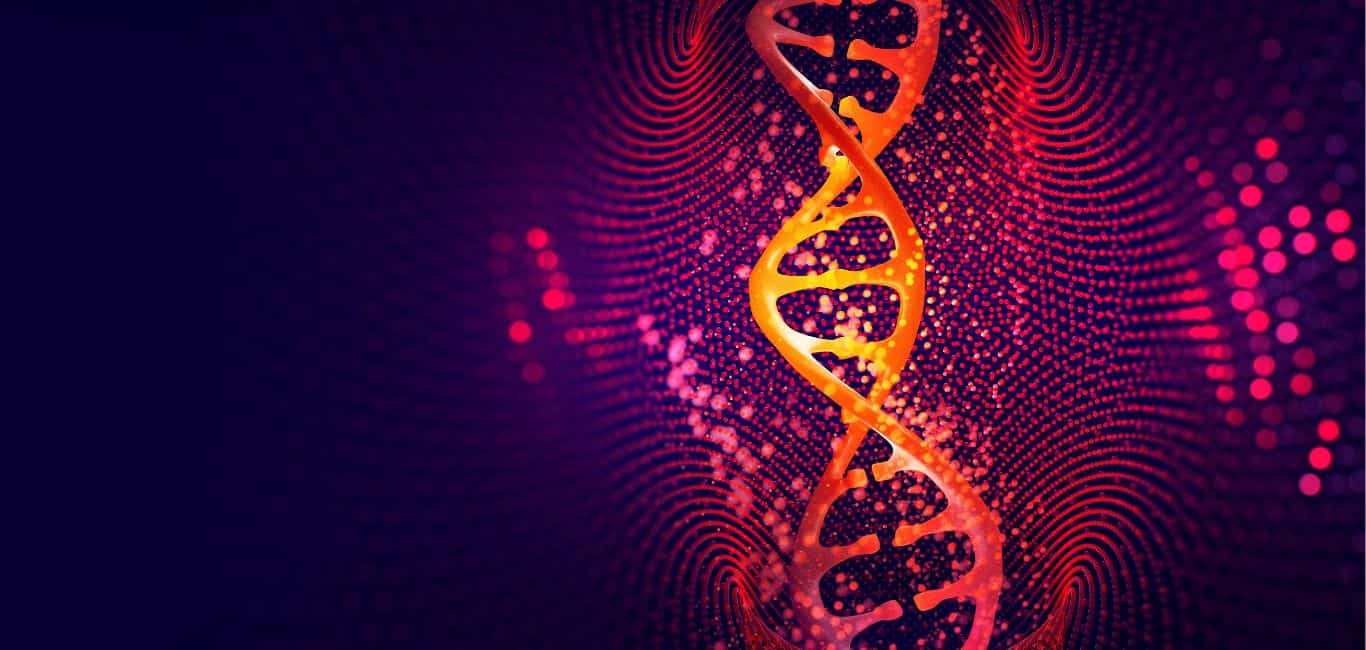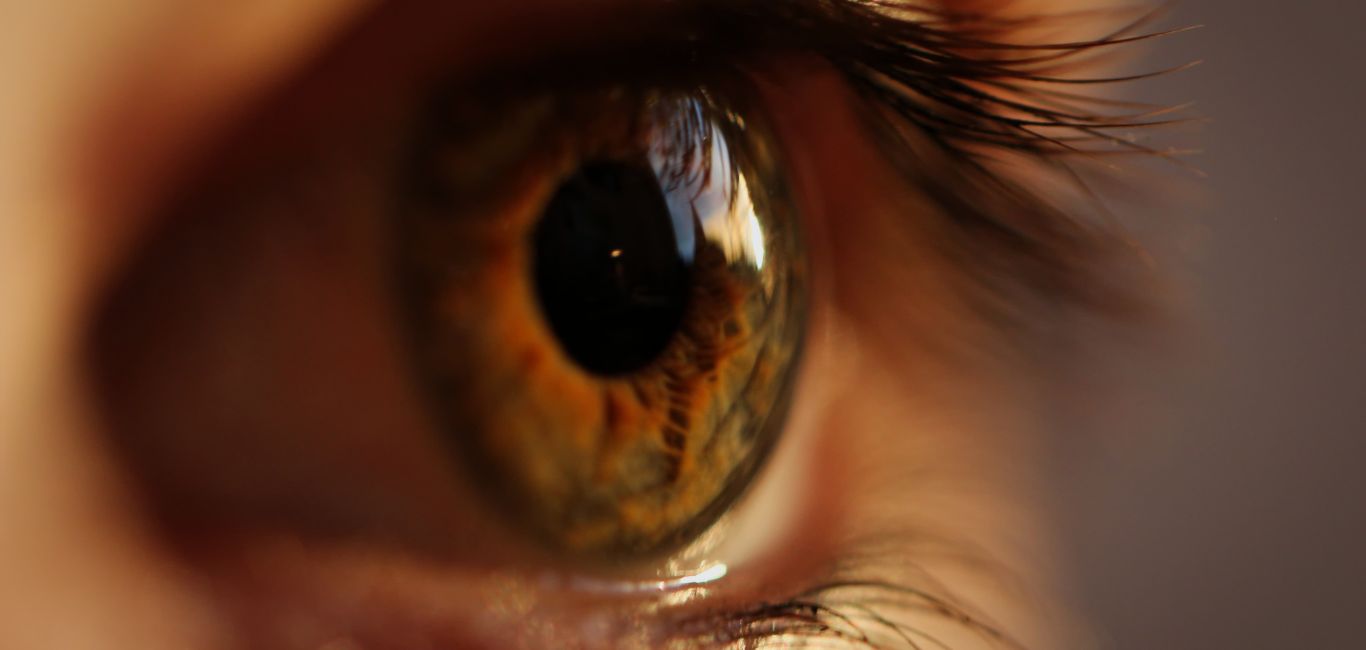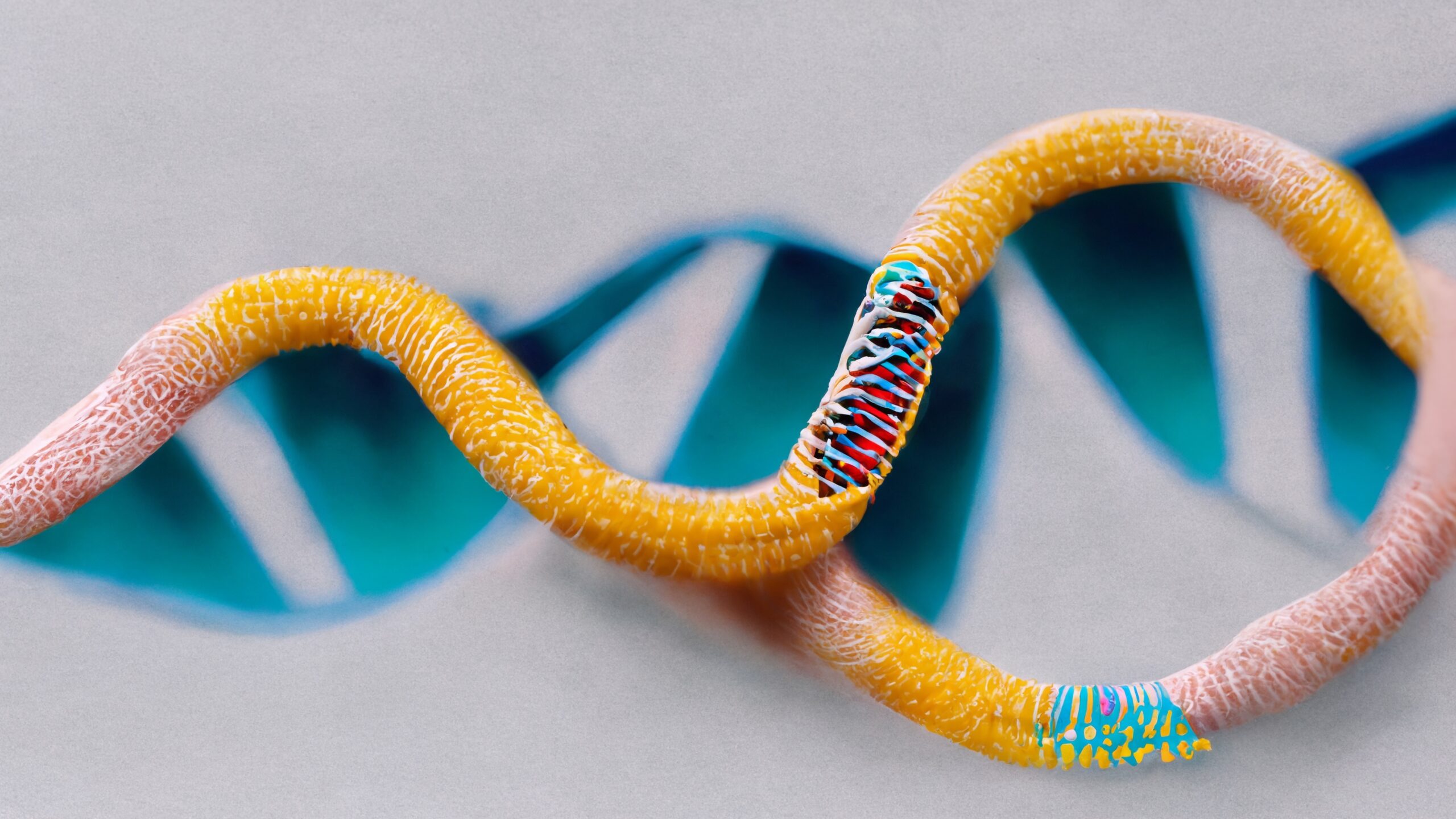
In the ever-ongoing scientific quest for better drug delivery vehicles, researchers at the Oregon State University in Portland, USA, have designed a lipid-based nanoparticle (LNP) that can deliver drug molecules to retinal cells without causing ocular damage.
In a study published in the journal Science Advances earlier this year, the researchers packed mRNA molecules into lipid nanoparticle vehicles that would deliver them directly to retinal cells.
Once at the target site, the mRNA molecules start producing the proteins required for reviving the damaged retina cells. This method restored vision in mice and non-human primates that the team tested on.
“LNPs have been unable to penetrate the neural retina. [This limits] their ability to deliver genes or gene editors to one of the most important cellular targets – the PRs or photoreceptor cells — which are the light sensitive cells present in the eye,” says Gaurav Sahay, the corresponding author of the study.
To overcome this setback, the researchers combined a bacteriophage protein molecule to the lipid nanoparticle, enabling them to cross the neuronal barrier and enter the retinal PR cells with the drug.
Bacteriophages are naturally occurring viruses that can infect bacterial cells as the proteins on their surface can bind with the bacteria’s cell walls. Genetic researchers use this property to target specific cells by engineering bacteriophages to recognise molecules on their surface – in this case PRs.
The researhers targeted inherited retinal degeneration (IRD) – a set of hereditary disorders. In IRDs, more than 300 different genes are found to be altered resulting in the death of retinal cells and eventual loss of vision.
In the study conducted on non-human primates, this lipid-based delivery approach enhanced the protein levels in the damaged retinal cells and restored vision.
Future of gene therapies
Gene therapies and targeted drug delivery methods have been constantly getting advanced in recent years. There has also been an increased acceptance of these technologies across the scientific and healthcare communities.
mRNA based vaccines and gene editing have also played a central role in the development of therapies for inherited blindness. A notable example is the CRISPR-Cas 9-based gene editing of retina in humans.
LNP-based drug delivery mechanisms have gained much attention owing to one of their biggest advantages of not causing any side effects or harm to the DNA of the retinal cells.
“If these nano formulations can be successfully validated through the clinical trials, they may be used as a next generation nanomedicine for curing blindness,” Chittaranjan Patra, senior principal scientist at the CSIR’s Indian Institute of Chemical Technology in Hyderabad, told Happiest Health.
Earlier studies have shown LNPs as vehicles for efficiently transporting proteins as drugs to treat ischemic heart diseases.
Dr Patra says that in general, this technology could be used to treat inherited retinal degenerations. Since the study was done on non-human primates, further biosafety studies in large animals are essential before doing clinical trials.
Using various chemical modifications and bioinformatics tools, the researchers plan to design much more efficient delivery vehicles to enhance the efficacy of lipid nanoparticles.

















